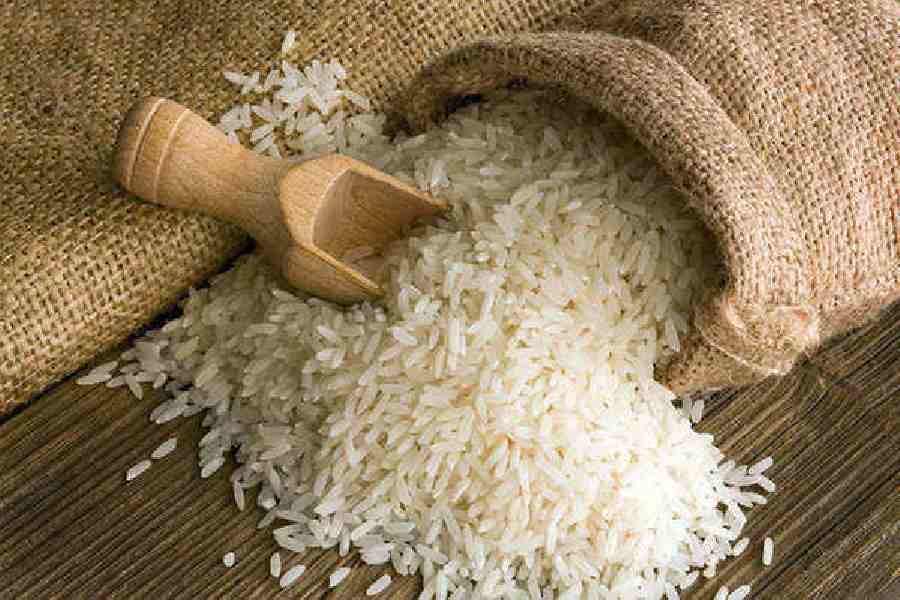Rice prices in Bangladesh have surged despite strong domestic yields and falling global rates. A recent report by the Bangladesh Trade and Tariff Commission outlines five major factors driving the increase, including rising input costs and inefficiencies in distribution. The government is expected to boost imports to stabilize the market.
Bangladesh is grappling with an unexpected spike in rice prices, a development that has raised concerns among consumers and policymakers alike. Despite favorable harvests and a drop in international rice prices, domestic rates continue to climb. According to a detailed analysis by the Bangladesh Trade and Tariff Commission, five core factors are fueling this inflationary trend.
The average retail price of coarse rice has reached Tk 49 per kilogram, marking an 8% year-on-year increase, while paddy prices have jumped by 11%. These figures reflect deeper structural challenges in the country’s agricultural and supply systems.
Key Highlights:
- Rising Production Costs:
Fertilizer, fuel, and labor expenses have surged, pushing up the cost of rice cultivation. Government procurement prices under social safety programs have also increased, contributing to market inflation.
- Supply Chain Inefficiencies:
Delays and bottlenecks in transporting rice from farms to markets have led to reduced availability and higher retail prices. Outdated logistics and poor infrastructure remain persistent issues.
- Limited Impact of Global Price Drops:
Although international rice prices have declined, domestic markets have not reflected this trend due to import duties and internal pricing mechanisms.
- Inflationary Pressures Across Sectors:
Broader economic inflation has affected input costs and consumer purchasing power, compounding the impact on staple food prices.
- Increased Import Dependency:
To counter rising prices, Bangladesh is expected to increase rice imports to 1.2 million tonnes in 2025–26, up from 1.1 million tonnes the previous year. This move aims to ease domestic supply constraints.
The government is reportedly considering policy adjustments and infrastructure upgrades to address these challenges. As rice remains a dietary staple for millions, stabilizing prices is critical to maintaining food security and economic stability.
Sources: The Daily Star, The Daily Sky, Commodity Board

